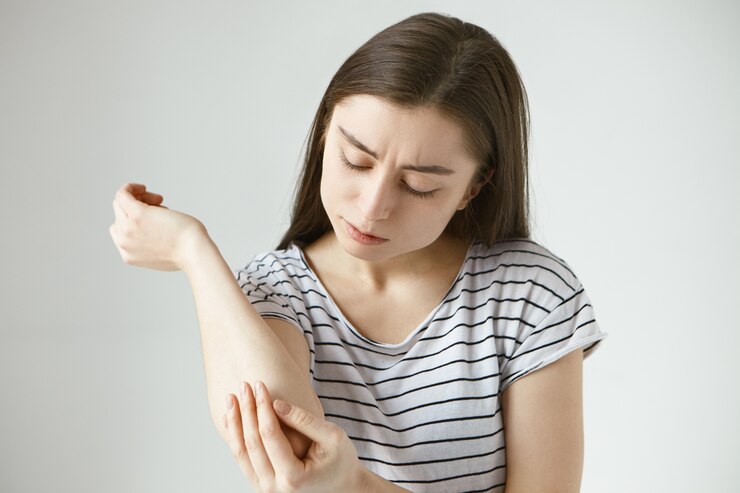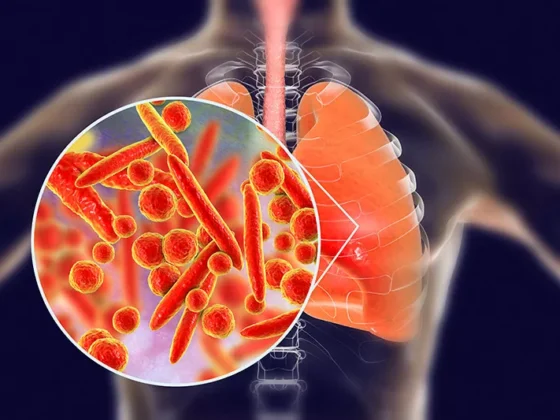 Dr Atanu Saha, Senior Consultant Cardiac Surgeon
Dr Atanu Saha, Senior Consultant Cardiac Surgeon
Although the prevalence of rheumatic heart valve disease is decreasing in India, we still have a significant number of people affected by valvular heart disease. Valves are the guards for unidirectional flow in our heart, and diseases that affect these heart valves can lead to an enormous workload on the heart leading to heart failure, irregular heartbeats, blood clot formation inside the heart, stroke, and even death because of sudden cardiac arrest.
Here, Dr Atanu Saha, a Consultant Cardiac Surgeon at Rabindranath Tagore International Institute of Cardiac Sciences in Kolkata, tells us more about heart valve disease including its causes, symptoms, and treatment.
Common types of heart valve disease
There are four valves in one’s heart which are the tricuspid, pulmonary, mitral, and aortic valves. These valves tend to have tissue flaps that open and close with each heartbeat. The flaps ensure that the blood flows in the right direction via the heart’s four chambers and to the entire body. Their main function is to maintain the unidirectional flow of the blood with the least resistance.
The diseases that affect the heart valves are mainly rheumatic heart valve disease and degenerative heart valve disease. Heart valve disorders are seen owing to problems such as regurgitation (leakage of the valve). When the valve(s) are not able to close fully, then the blood flows backward through the valve. This hampers the forward blood flow and can lead to volume overload in the heart.
Rheumatic heart disease is autoimmune in nature. It means that, in the affected patients, your own immunity works against your heart valve. Generally, rheumatic heart disease affects younger people in 2nd decade of life.
The second common type affecting heart valve disease is degenerative disease due to ageing. As we grow older, in some people the aortic valve gets calcifications and gets stenosed. There is one interesting birth anomaly where instead of normal three cusps, the aortic valve has only two cusps. This causes the aortic valve to degenerate as early as in the 4th decade of life.
Another issue is stenosis (or narrowing of the valve). When the valve(s) opening tends to get narrowed, it stops the flow of blood out of the ventricles or atria. The heart is then forced to pump blood with additional force in order to move blood via the narrowed or stiff (stenotic) valve(s).
Symptoms of heart valve disease
If you have symptoms such as palpitations, chest pain, tiredness, leg swelling, dizziness, breathing problems, and leg swelling then it can indicate heart valve disease. Though, these symptoms also overlap with other medical problems. It will be imperative to get the proper diagnosis of the underlying problem. 2D echocardiography is a simple investigation tool to diagnose heart valve problems.
Treatment of heart valve disease
With modern technology, repair or replacement of heart valves is done with a minimally invasive approach. The treatment option for severe aortic valve stenosis or severe regurgitation is a surgical replacement. There are two types of heart valves available for replacement -mechanical valve and tissue valve. Normally, a mechanical valve is used in patients below 65 years of age.
When your heart valve is replaced with a mechanical valve, you need to follow a certain diet and take one medication to make your blood thin. Also, you need to get a blood test fortnightly (PT/INR) to adjust the dose of medicine. And you need lifestyle modification.
Another option is the tissue valve which is offered to patients who are above 65 years, and it does not require any medications. Generally, the tissue valve especially pericardial (Bovine) tissue valves work for 12 to 15 years. New advanced tissue valves with newer tissue treatment and preservation techniques (such as dry storage) are now given to much younger ages to accomplish their active lifestyles. These tissue valves are more durable than earlier generation tissue valves.
In addition, a newer technology like transcatheter aortic valve replacement (TAVR / TAVI) is available in India where the valve is inserted through your groin using catheters. This type of surgery is advised for patients who are at high risks for open-heart surgery and very old patients.
Valve replacement through open heart surgery is still the best & gold standard of treatment of valvular heart disease which has a long-term clinical backing.
It is very important to consult the most experienced team to know which type of surgery and valve is best for your heart condition. Consult your doctor to learn the risks and benefits of each procedure before taking any decision.











